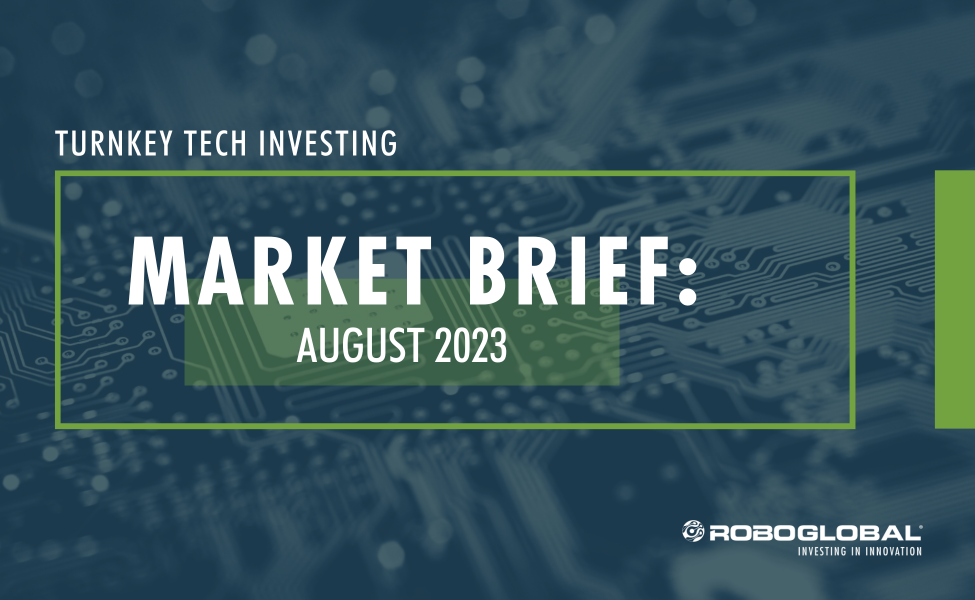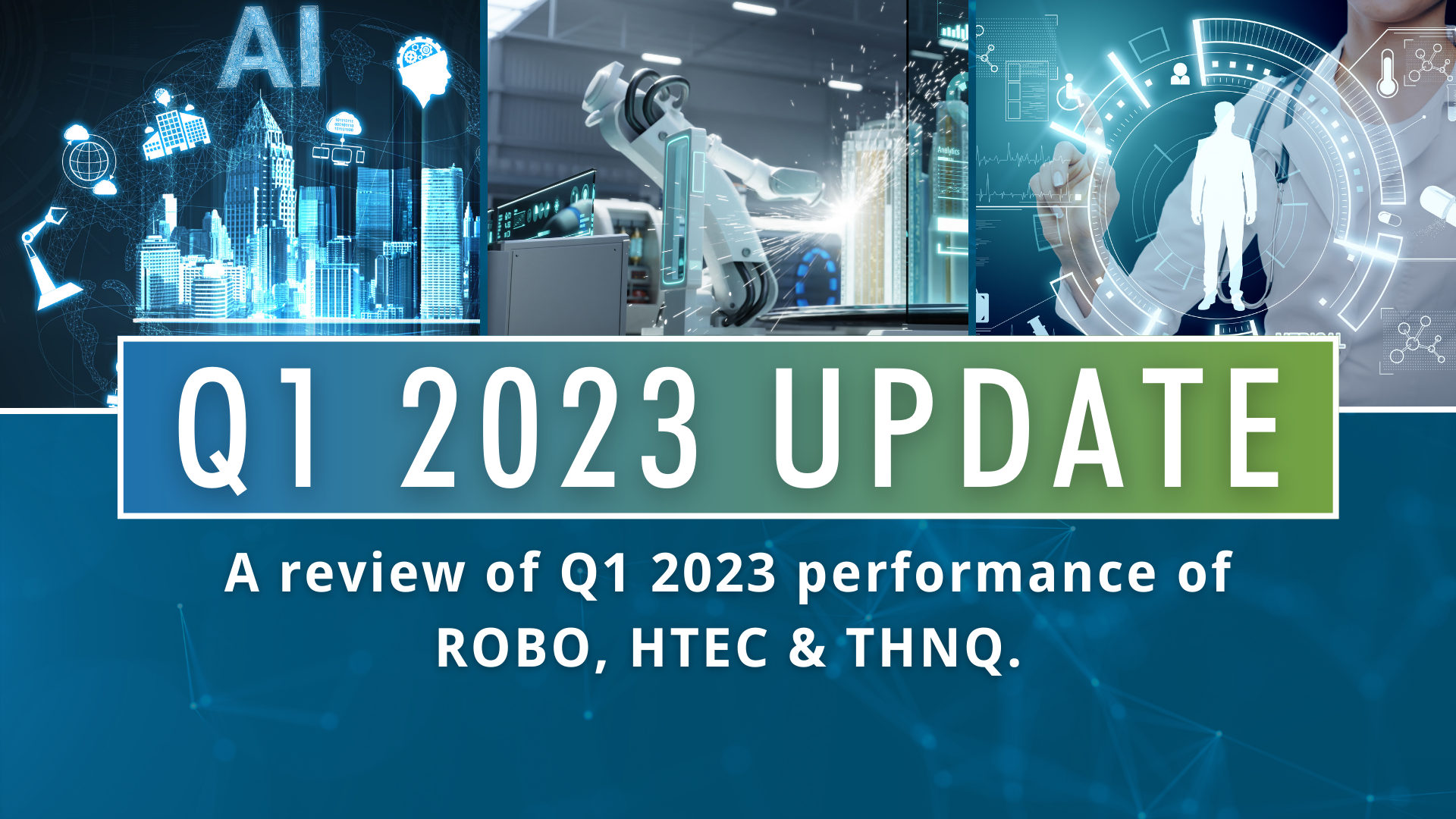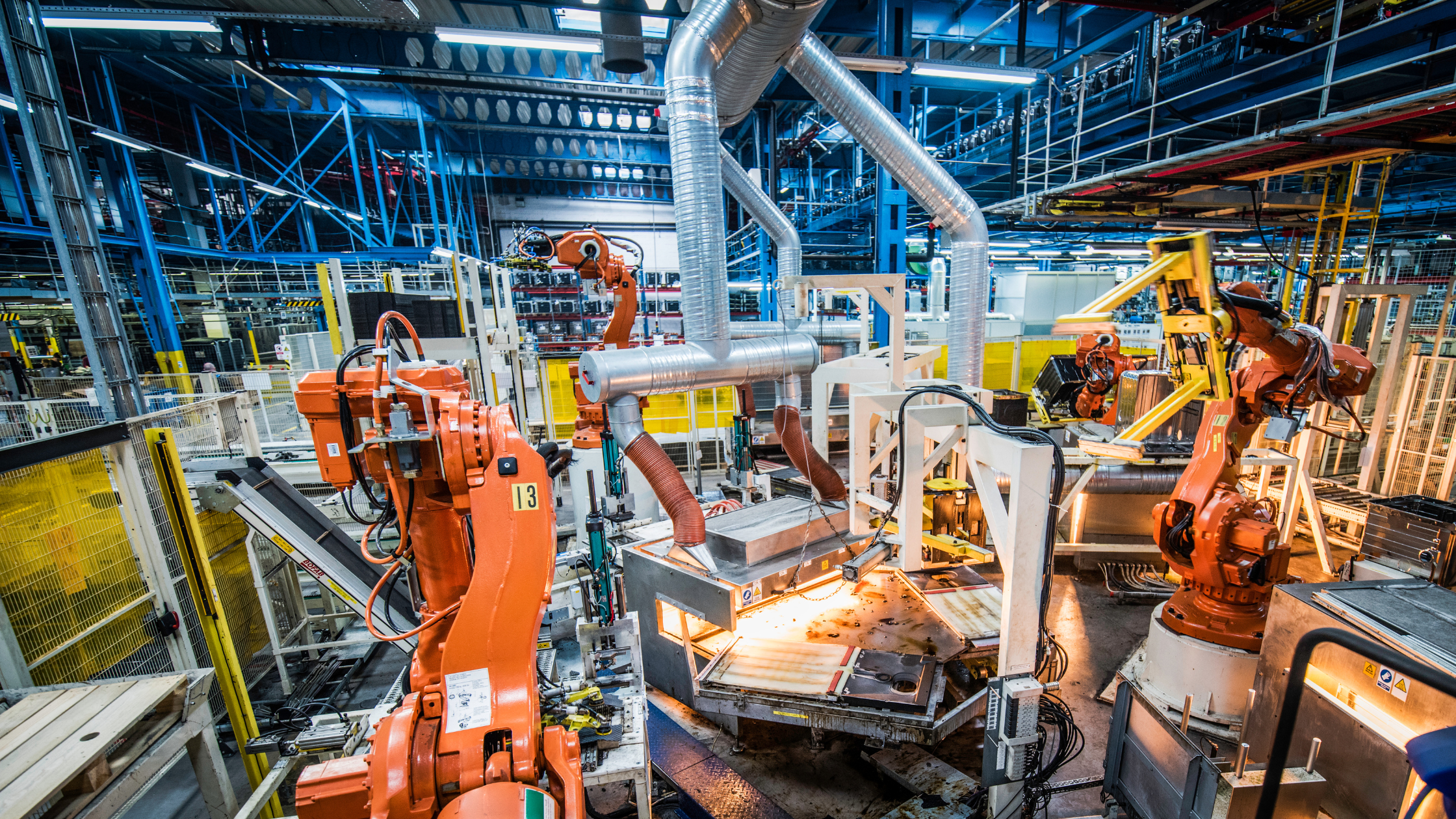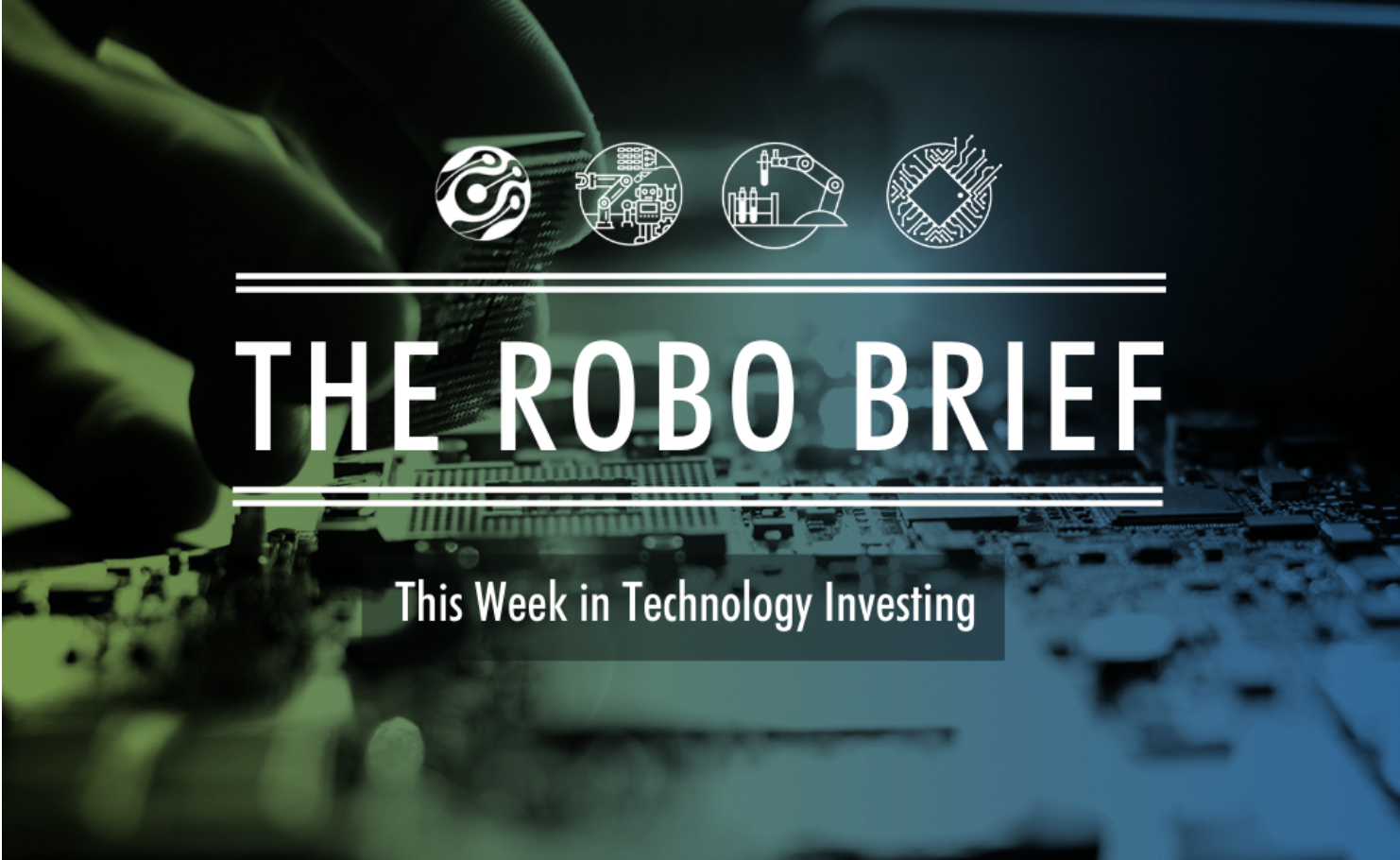This week, we explore a new healthcare app that allows clinicians to communicate with the families of patients, new guidelines for noninvasive prenatal testing, and a recent boom for two Chinese e-commerce companies. Please enjoy these investment insights from our research team.
Vocera’s New App Brings Status Updates to Family Members of Patients
Most adults have at one point or another experienced stress while awaiting updates about a family member in the hospital. The pandemic has made it even more challenging to receive status updates due to no-visitor policies implemented by healthcare facilities around the world.
Vocera, a member of both ROBO and HTEC, addresses this challenge with EASE, its newly acquired HIPAA-compliant software app that clinicians can use to send text, photos, or video updates to patients’ families on their progress while in the hospital. Because updates like “your dad is out of surgery and doing well,” or “your baby’s fever has subsided” can be so meaningful to a worried loved one, we view EASE as a strong value-add for patients, and believe it could become a factor in choosing where to receive medical care.
This acquisition complements Vocera’s existing communications platform that enables clinicians to communicate with one another using a hands-free voice-activated device. Over 1,500 medical facilities globally use Vocera, making it a strong base from which to offer the EASE app.
New Guidelines Could Accelerate Growth for Prenatal Testing
Natera, a leader in genetic testing, has seen its stock rise more 40% this month and 94% so far this year. Last week, the American College of Obstetricians and Gynecologists (ACOG) published new guidelines on noninvasive prenatal testing (NIPT), which could significantly expand the market for Natera’s solutions, such as Panorama, a noninvasive test for the detection of chromosomal abnormalities of a fetus with a blood draw from the mother as early as nine weeks into the pregnancy. ACOG and the Society of Maternal Fetal Medicine are now recommending noninvasive prenatal testing for all women regardless of age or other risk factors; previously, it recommended NIPT for women older than 35 or with high-risk pregnancies.
Natera also offers a wide range of genetic tests to determine carrier status for various genetic diseases, to understand the causes of miscarriages, to determine paternity, and even to analyze cancerous tumors. Earlier this month, Nature Cancer published a manuscript validating the ability of Natera's Signatera to use personalized ctDNA technology to evaluate tumor response to immunotherapy in 25 different types of solid cancer. Natera has grown revenue at 13% on average over the past five years and could see an acceleration from here as adoption picks up and the company expands its offerings in oncology.
China’s E-commerce Industry Shows Strong Momentum Driven by AI & Economic Recovery
Artificial intelligence has become a major driving force for the e-commerce sector as well as the financial sector, as customer preferences for online shopping and mobile payment continues to evolve. For THNQ index members Alibaba and JD, consumers’ rapid shift to online spending has been a bright spot in China’s slowing economy.
As two of the leading players in China’s $1.94 trillion e-commerce market, Alibaba and JD reported strong earnings in the second quarter, driven by pent-up demand in the post COVID-19 period. Alibaba and JD shares are up over 59 percent in the past three months. As a key beneficiary of digital transformation, JD added over 333,000 active new members per day during the quarter, an acceleration from past quarters and the highest rate since 2017. With 80% of its total e-commerce sales deriving from mobile devices in China and because it is the world’s largest e-commerce provider, Alibaba’s revenues grew 34% YoY, driven by e-commerce, on-demand food delivery and mobile payment.
Ant Group, the FinTech arm of Alibaba, best known for its digital payment service Alipay, attributes its tremendous growth to its AI-driven platform. Ant, which recently filed for an IPO, has invested heavily in AI from its inception. Machine learning algorithms are an integral part of its business, particularly in fraud detection, data security, and privacy. According to the recent filings, Ant experienced a 1,000% jump in profits from a year ago and currently has over 1 billion active users.
*China is on track to book $1.94 trillion in e-commerce sales in 2019, more than three times the United States, which is in second place with $586.92 billion, a report from the research organization eMarketer shows.





